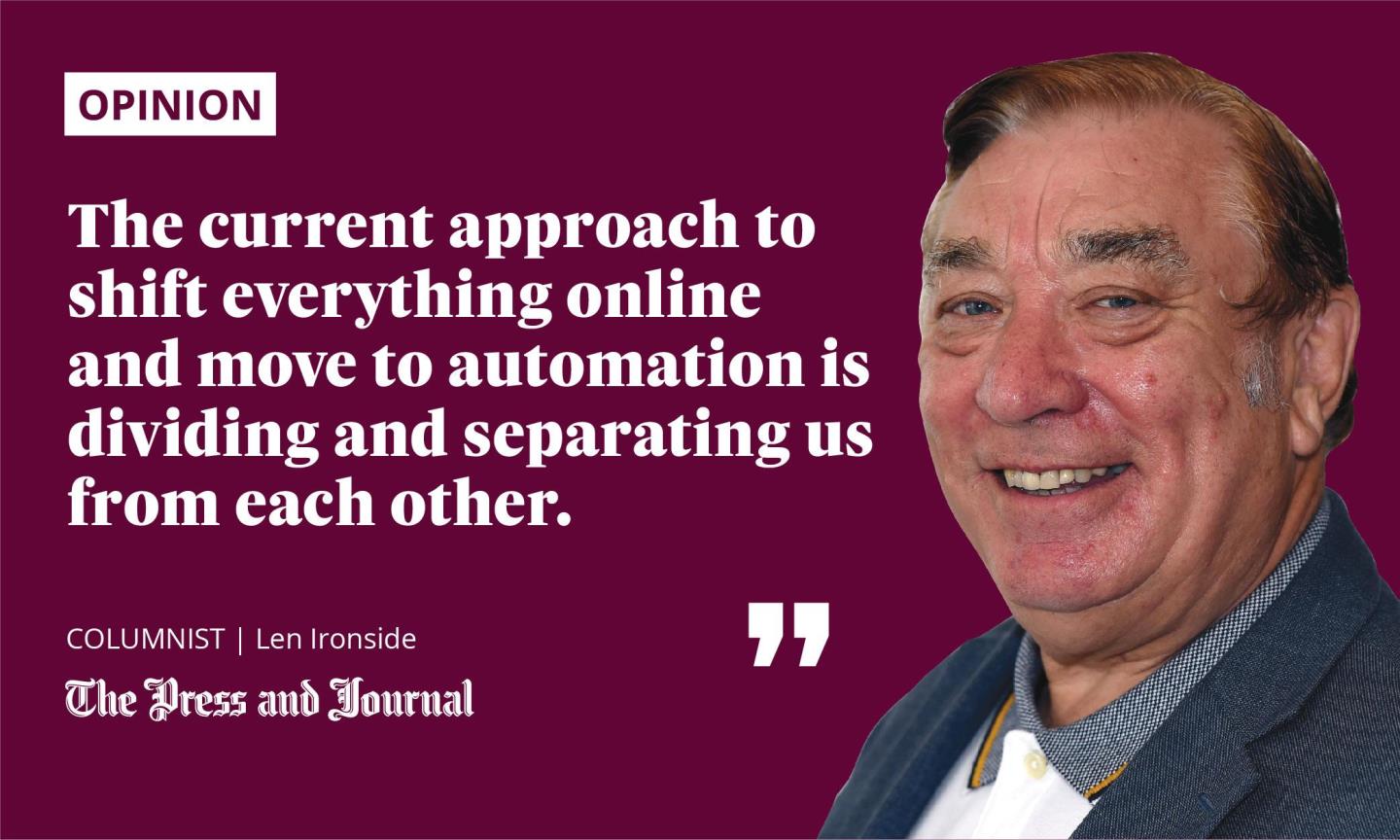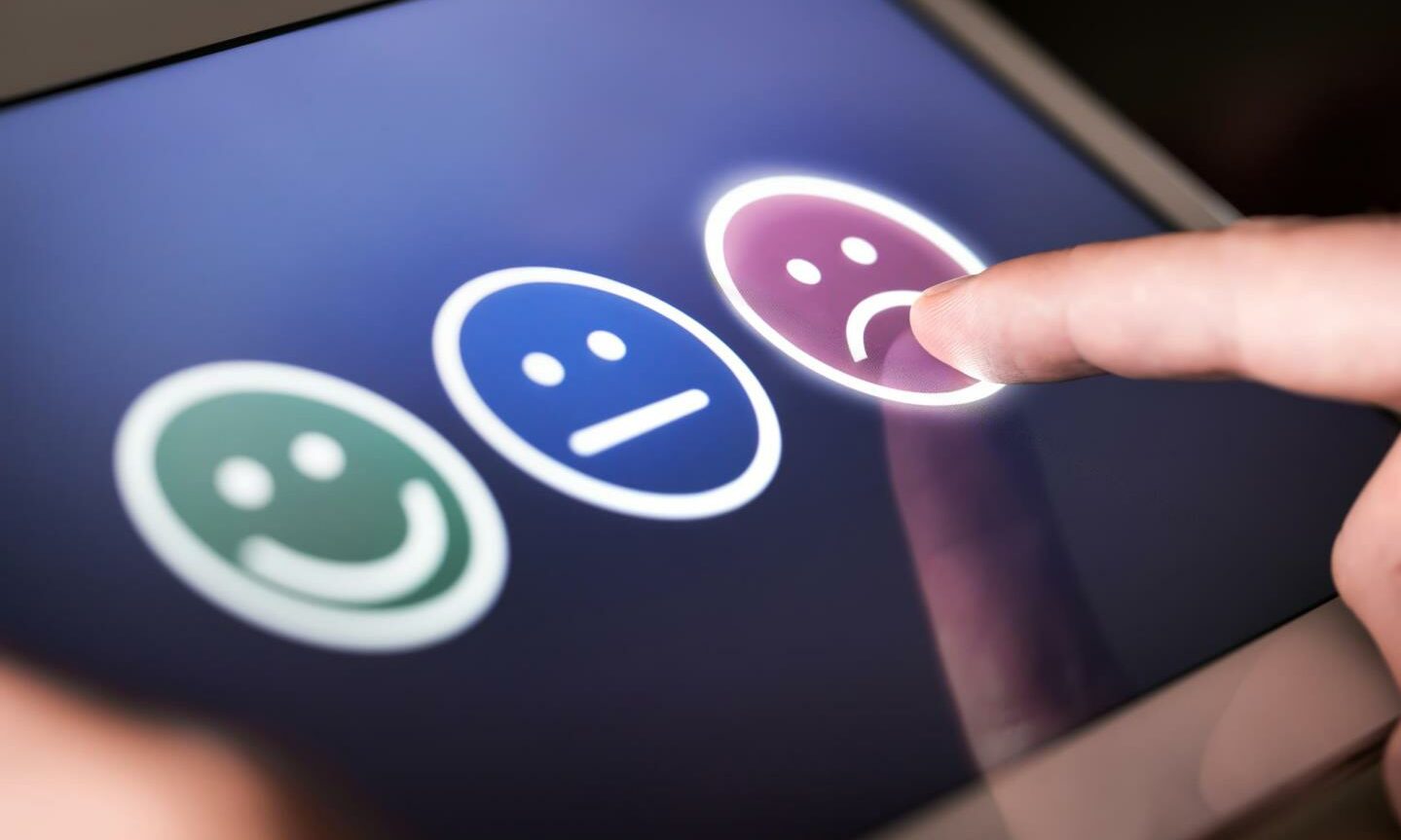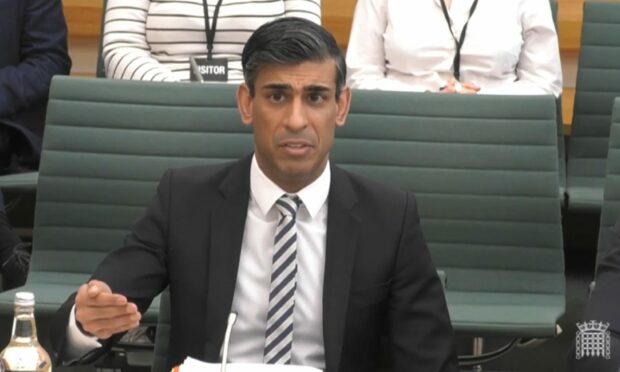As Covid rules and regulations loosen, there are many things customers will miss.
The one-way systems in supermarkets and shopping precincts which prevented people from bumping into each other (especially with trolleys) were useful. The screens between groups in restaurants gave diners a better degree of privacy. And, being given a seat and having the furniture cleaned before you used it was reassuring. These were all good practices which would be good to retain.
I hope all shops will keep their hand sanitisers free and available to the public. Everyone benefits from that.

But, remote working has not improved customer service. I believe many companies use the “staff working from home” excuse to reduce public engagement.
More and more, human contact is being curtailed by businesses constantly pushing the public to use online services. It becomes a real challenge to speak to someone when an automated voice tells you all operators are engaged, then further deflates you by saying: “Your current position in the queue is 15.”
Unfortunately, this is becoming the case with insurance companies, banks, local authority and NHS queries. We seem to have created a culture of avoiding speaking to customers and encouraging them to go online.
As we all know, websites can provide answers to simple questions, but complex requests will be more easily resolved by a person, not a computerised system. The human element is removed, and that causes frustration and anger.
It has become hard to question companies for extra charges
When it comes to insurance companies, too much emphasis is placed on selling, rather than dealing with the issues of existing customers. Regardless of the kind of cover you pay regularly for, any claim made seems to take forever to settle.
The latest ruse from some TV, broadband and internet providers appears to be letting a contract expire, then charging them extortionate prices, which certainly serves as a stinging reminder for customers to get in touch. That’s where prompt customer service is vital.
Some companies send agreements which include multiple pages of terms and conditions. Clearly they don’t expect you to read them – it’s just a get-out for the organisation, which can then direct you to your agreed small print if any issues crop up.
In the past, I’ve received emails from software firms saying my cover will be automatically renewed. Surprisingly, the emails are ones which you cannot reply to, and trying to trace a customer service phone number is nigh on impossible.
However, don’t forget that consumer law still protects you, in that you can refuse to renew.
During Covid lockdown, so many problems were created and exacerbated by lack of contact with other people
It’s been reported recently that, if using your credit or debit card at petrol pump stations, the company can pre-authorise a large sum of money which is then held until the correct payment is received. This is normally greater than the amount you would be due to pay, so any extra is returned to the customer.
The trouble is, we are living in hard times, and it can take several days for the balance to return to your account. In my view, this is an abuse of the banking system, as the customer cannot prevent it.
Technology has its place, but real human interaction is key
I despair when someone tells me they tried to get in touch with me about an urgent matter. I check my phone and find no missed calls. Their response is usually: “I sent you an email!”
Putting the assumption that we must all sit in front of our computers all day aside, anything urgent would surely be best dealt with by speaking to someone directly. Why would you send an email?
All of this demonstrates how the current approach to shift everything online and move to automation is dividing and separating us from each other which, in turn, will break down communities.
During Covid lockdown, so many problems were created and exacerbated by lack of contact with other people. Mental health issues, domestic abuse, self harm, isolation, financial problems.
These things cannot be resolved without human contact. Being part of a community supports us and adds quality to our lives. It’s where our friendships are formed.
Remember all those volunteers who, throughout the pandemic, gave up their time to help deliver food parcels, collect medicines and arrange phone calls with people living on their own?
Technology has its place, but real human interaction is a key part of our lives. We can’t afford to forget that customer care and problem solving is best done when speaking directly to other people, face to face.
Len Ironside is a former champion wrestler who served as an Aberdeen councillor for 35 years, with four years as council leader


















